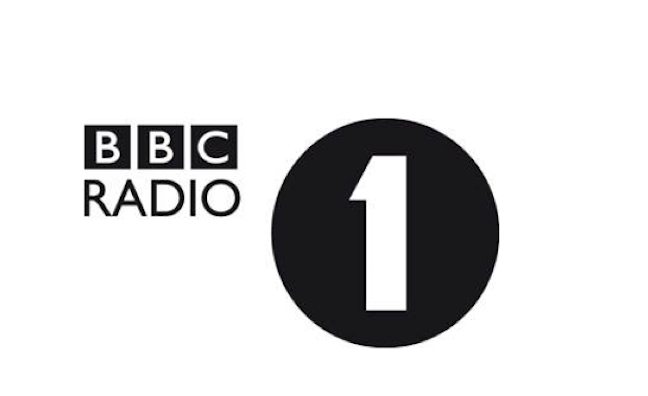The BBC has revealed plans for digital music stations as extensions for BBC Radio 1, BBC Radio 2 and BBC Radio 3.
Amid significant growth in streaming and digital radio listening, BBC Radio will launch four distinctive music stations on DAB+, building on the BBC’s wide-ranging support for British music.
The proposed music extensions will be streamlined, curating on-demand music programmes available on BBC Sounds, with archive material and some new commissions, some simulcasting, and a small amount of new live content.
New extensions for BBC Radio 1, Radio 2 and Radio 3, which will also be available on BBC Sounds, will look to delve deeper into specific genres and periods of music with context, curation and storytelling.
The extensions build on the BBC’s commitment to new music and British artists by showcasing on-demand music programmes for more audiences to discover, alongside new commissions fronted by emerging talent and expert presenters. They will also surface content from the BBC’s rich archive from the past six decades.
Radio 1’s new extension will help audiences to discover and rediscover a wide range of music and acts supported by Radio 1 in the 2000s and 2010s.
The content mix will include existing on-demand content available on BBC Sounds such as Radio 1’s Workout Anthems and Radio 1’s Chill Out Anthems, new programmes, multi-genre blocks including hip-hop, R&B, rock and pop tracks, as well as some Radio 1 simulcasts. There will also be an expanded version of the existing BBC Sounds Radio 1 Dance stream.
The Radio 2 extension will provide a new take on pop nostalgia, curating the story of pop music primarily from the 1950s, 1960s and 1970s, aided by access to the BBC’s archive.
“The plans have been developed to ensure the BBC serves all its audiences and better meets the expectations of listeners,” said a statement. “They will give more choice especially to those who currently are underserved by the BBC, and whom Ofcom have challenged the BBC to do more for. Radio 1’s young listeners and Radio 2’s C2DE audiences often only listen to these stations from the BBC’s existing radio portfolio, and the extensions will offer them more choice around genres and periods of music many of them enjoy, from brands and presenters they trust.”
Radio 3’s extension offers listeners a calming classical music experience that matches their daily routines and helps them escape the pressures of daily life.
Lorna Clarke, director of BBC Music, said: “Our stations have captured the history of music in the UK during the past six decades for our audiences, and we now want to give them more choice from the BBC as listening habits are changing. Our extensions for Radio 1, Radio 2 and Radio 3 will allow listeners to deep-dive into more pop and classical genres and periods of music they love the most, uniquely created by the BBC. They’ll get a deeper listening experience than what’s available elsewhere, hear brilliant storytelling through our extensive archive, and discover more music to love whatever their mood.”
It’s more than 20 years since the BBC last evolved its radio portfolio in 2002. Since then, music streaming has exploded in popularity, especially with listeners under 35 who now spend 30% of their time with radio, compared to 50% with music streaming.
But radio still continues to reach 13.3m listeners under 35 each week, and remains one of the most popular sources of music discovery for all audiences. Numerous stations have launched on DAB/DAB+, where the majority of live radio listening is projected to take place by 2030.
BBC Radio described the move as a “cost-effective way to reach audiences on DAB+ where listening is growing as people move over from FM”. As DAB+ is much more spectrum efficient, the extensions can be launched by using the BBC’s existing DAB allocation.
The plans are subject to the relevant regulatory approvals, including a Public Interest Test (PIT) for the proposal to launch the DAB+ stations, a process which the BBC will start in the coming weeks and is expected to run until the end of 2024.
In the past, the BBC has faced some political pressure when it has sought to expand services, such as the Radio 1 Dance Stream on BBC Sounds.
The BBC will also launch a PIT on the content offer of BBC Radio 5 Sports Extra to allow existing sports related content from the BBC to be played on the station instead of a short marketing trail on constant loop when there are no live sports being broadcast.









